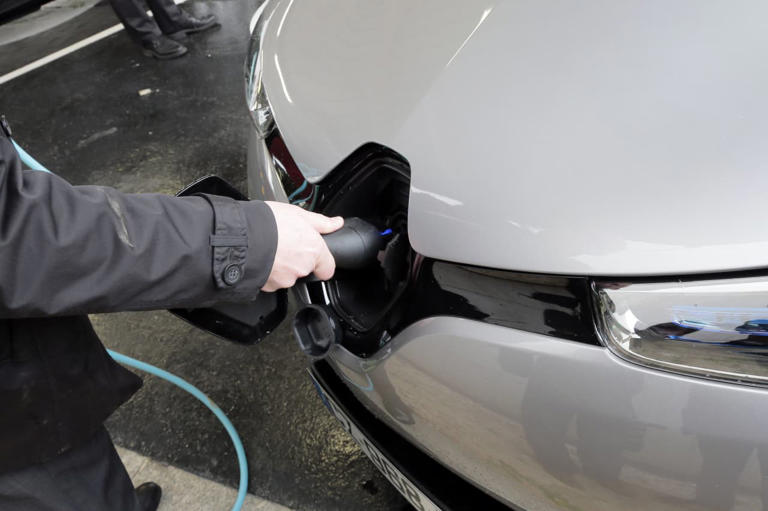The electric vehicle (EV) industry has witnessed a significant downturn recently, exemplified by Fisker’s stock plummeting 55% following reports of potential bankruptcy. Fisker’s challenges are emblematic of broader struggles within the EV startup landscape, where building a successful car business has proven to be more challenging than anticipated, resulting in substantial losses for investors. Fisker refrained from commenting directly on the rumors but emphasized its focus on raising additional capital and seeking strategic partnerships with established automakers.
The downturn extends beyond Fisker to other EV startups such as Canoo, Lordstown Motors, Arrival, and Faraday Future, as well as electric trucking companies Nikola and Hyliion. Market capitalizations for these companies have dwindled to under $1 billion each, a stark contrast to their peak valuations, which collectively totaled nearly $100 billion. This sharp decline underscores the volatility and uncertainty surrounding the EV sector.
These companies employ various strategies to differentiate themselves. Fisker adopts an asset-light approach by outsourcing car production to Magna International. Lordstown Motors benefits from cost-effective capacity purchased from General Motors. Arrival focuses on microfactories to streamline production, while Canoo specializes in versatile, configurable commercial vehicles. Meanwhile, Faraday Future targets the ultra-luxury EV market segment.
Despite their diverse strategies, these companies face common challenges such as operational hurdles, funding constraints, and intense competition. The current downturn serves as a sobering reminder of the risks inherent in the EV industry and the importance of sustainable business models and strategic partnerships for long-term success.
The electric vehicle (EV) industry, encompassing both startups and traditional automakers, has faced significant challenges and market fluctuations in recent years. Despite substantial investor enthusiasm and initial optimism, many EV companies have encountered roadblocks and struggled to achieve profitability.
Nikola, Hyliion, and other EV startups have encountered obstacles in their pursuit of success. Building a car company requires substantial capital investment and operational expertise, factors that have proven elusive for many startups. As a result, none of the seven mentioned companies are close to turning a profit, according to Wall Street estimates.
This struggle extends beyond startups to include established players like XPeng, NIO, Polestar Automotive, Lotus Technology, Lucid, VinFast Auto, and Rivian Automotive, none of which are profitable either. Despite this, these companies still command market capitalizations exceeding $1 billion each, highlighting the disconnect between valuations and profitability in the EV sector.
The collective market value of EV makers has experienced significant volatility, declining from peak levels by approximately $1.5 trillion. Tesla, BYD, and Li Auto are among the few EV makers consistently generating profits, but even their combined market value has declined from peak levels.
The surge in EV market values peaked around the first half of 2022, indicating a period of heightened investor optimism and enthusiasm for EV stocks. This trend also affected traditional automakers like GM and Ford, whose market values reached their peak in the first half of 2023 as they ventured into the EV space.
Despite challenges, traditional automakers like GM, Ford, and Stellantis remain profitable and continue to invest in EVs. However, investors have historically not valued them as aggressively as growth-oriented startups.
Toyota Motor, while not heavily focused on battery-electric vehicles, maintains a significant market value driven by the success of its hybrid models. As the automotive industry navigates the transition to electrification, the performance and market dynamics of both startups and traditional automakers will continue to evolve, shaping the future landscape of the EV market.
